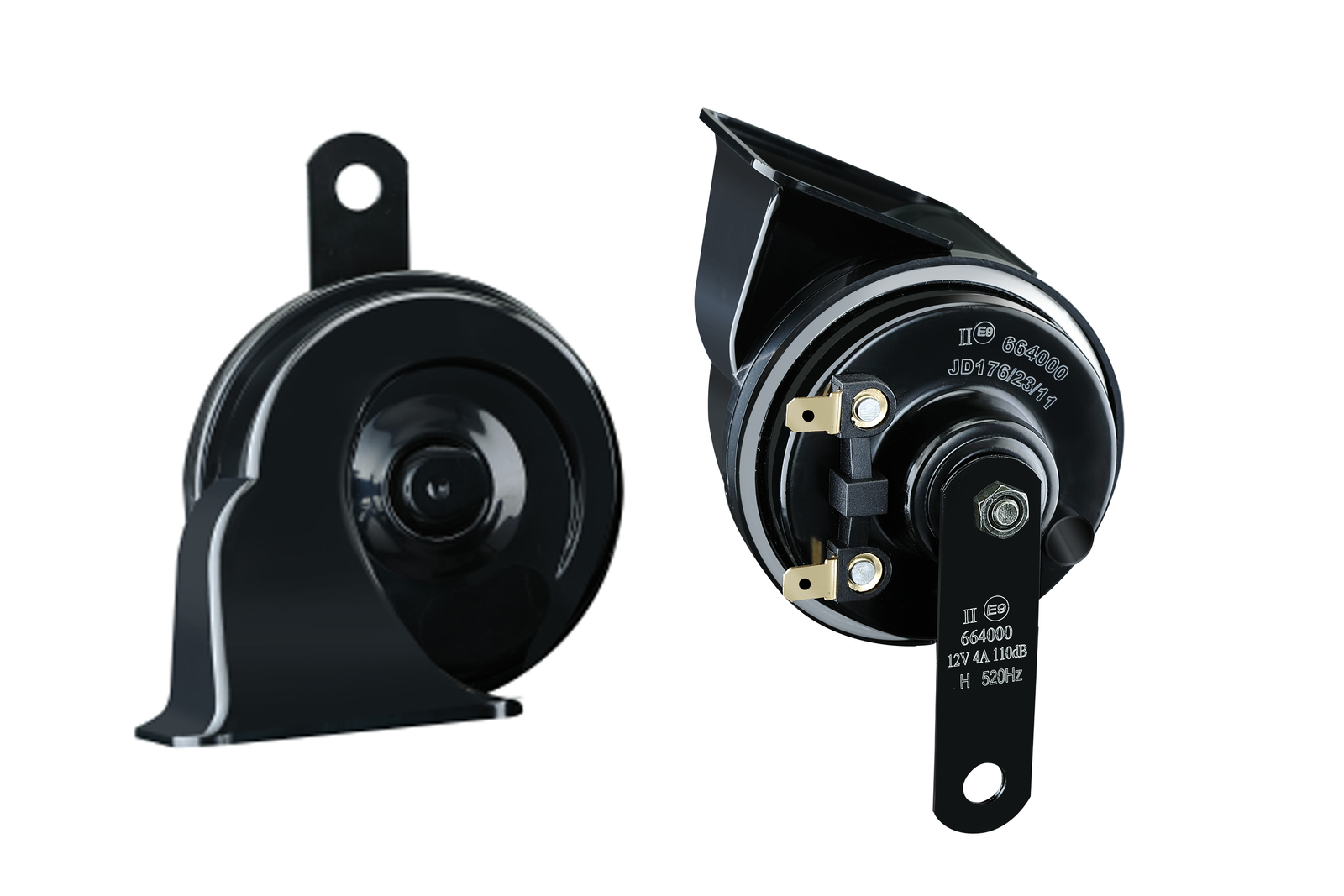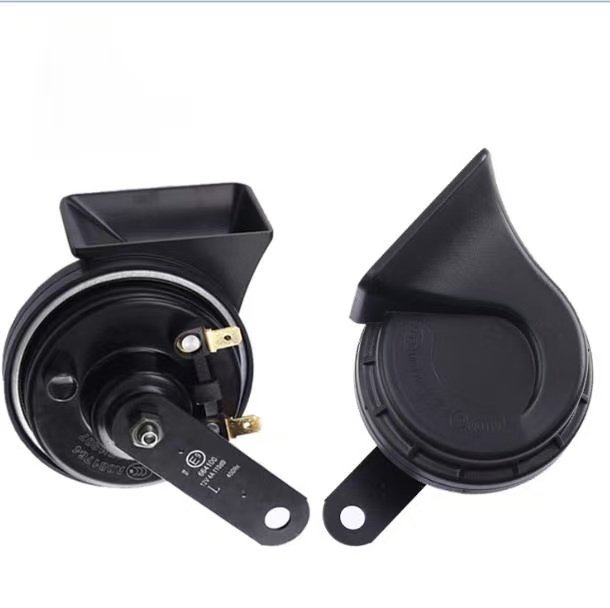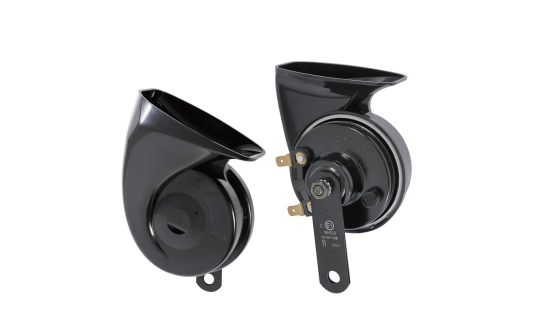Every driver expects their horn to work when needed, but few consider its lifespan. Let's examine what determines a car horn's durability and how to maximize it.
High-quality car horns typically last 5-8 years with normal use, while premium models can exceed 10 years - durability depends on materials, design, and operating conditions.

How Long Does a Car Horn Last on Average?
Not all horns are created equal when it comes to longevity. The average lifespan varies significantly based on quality and usage patterns.
Standard OEM horns last 3-5 years, while premium aftermarket horns average 7-10 years - heavy urban use can reduce lifespan by 30% compared to highway driving.

Factors Affecting Horn Lifespan
| Factor | Impact on Lifespan | Details |
|---|---|---|
| Quality Level | +200% difference | Cheap vs premium |
| Climate | ±40% variation | Humidity/salt damage |
| Usage Frequency | -50% for heavy use | Taxis vs personal cars |
| Voltage Stability | ±30% effect | Electrical spikes |
| Installation Quality | ±25% difference | Proper mounting matters |
| Maintenance | +35% extension | Regular checks |
Key observations:
- Urban horns fail sooner
- Coastal climates accelerate corrosion
- Proper wiring extends life
- Aftermarket often outlasts OEM
- Dual-tone horns wear evenly
How Do You Make a Car Horn Last Longer?
Simple maintenance practices can significantly extend your horn's service life. These practical tips apply to all horn types and vehicle models.
Regular monthly 5-second test blasts prevent contact corrosion, while annual terminal cleaning maintains optimal current flow - these two habits alone can double horn lifespan.

Maintenance Schedule for Maximum Longevity
| Task | Frequency | Tools Needed | Time Required | Benefit |
|---|---|---|---|---|
| Test blast | Monthly | None | 5 seconds | Prevents sticking |
| Visual inspection | Quarterly | Flashlight | 2 minutes | Early problem detection |
| Terminal cleaning | Annual | Wire brush | 5 minutes | Better conductivity |
| Mount check | Bi-annual | Wrench | 3 minutes | Reduces vibration damage |
| Weatherproofing | Every 2 years | Silicone spray | 10 minutes | Moisture protection |
Pro tips:
- Avoid continuous honking
- Keep horn area debris-free
- Check relay connections
- Listen for sound changes
- Address electrical issues promptly
How Do You Choose a Good Quality Car Horn?
Selecting the right horn involves more than just loudness. These key indicators separate quality products from inferior ones.
Look for horns with copper electromagnetic coils (not aluminum), stainless steel mounting hardware, and IP55 or higher waterproof ratings - these features indicate serious durability engineering.

Quality Assessment Checklist
| Feature | Cheap Horn | Quality Horn | Why It Matters |
|---|---|---|---|
| Coil Material | Aluminum | Copper | 5x better conductivity |
| Contacts | Steel | Silver alloy | Less pitting/corrosion |
| Diaphragm | Thin steel | Tempered alloy | More vibration cycles |
| Housing | Plastic | ABS composite | Weather resistance |
| Mounting | Basic bracket | Vibration isolators | Less mechanical stress |
| Warranty | 6 months | 2+ years | Manufacturer confidence |
Selection criteria:
- Decibel rating (110-120dB ideal)
- Current draw (matches vehicle)
- Physical dimensions (proper fit)
- Tone type (meets regulations)
- Brand reputation
Conclusion
Understanding durability factors helps drivers choose better horns and maintain them properly - ensuring reliable operation when safety demands it.


